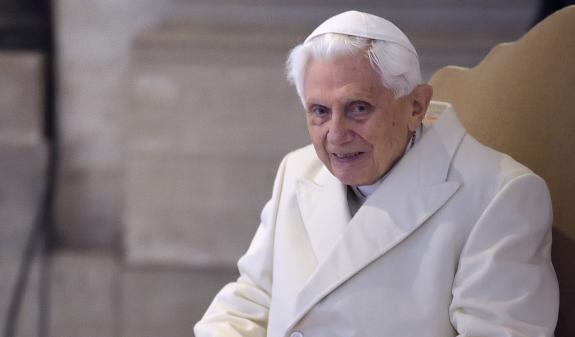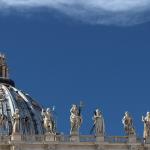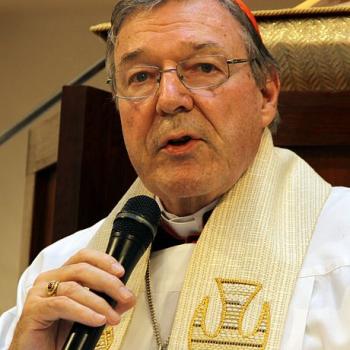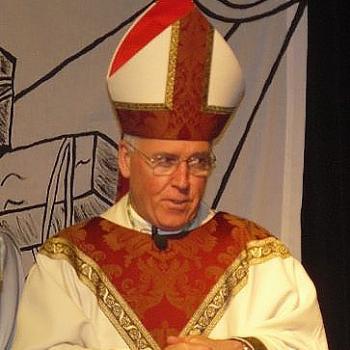The op-ed editor for The New York Post says he has read the as-yet-unpublished essay and describes its contents:
The retired pontiff has drafted a 6,000-word document in his native German and aims to publish it in a monthly periodical for clergy in his home region of Bavaria. Benedict says the document, an English translation of which I’ve reviewed, is meant to assist the Church in seeking “a new beginning” and making her “again truly credible as a light among peoples and as a force in service against the powers of destruction.”
In the preface, he makes it clear that he is “no longer directly responsible” for the church and that he consulted Pope Francis before resolving to make the document public.
Nevertheless, Benedict’s “The Church and the Scandal of Sexual Abuse” has the unmistakable ring of a papal document. You might even call it a post-retirement encyclical.
It’s written with his signature precision and clarity of insight and offers a piercing account of the origins of the crisis and a vision of the way forward.
The church’s still-radiating crisis, Benedict suggests, was a product of the moral laxity that swept the West, and not just the church, in the 1960s. The young rebels of 1968, Benedict writes, fought for “all-out sexual freedom, one which no longer conceded any norms.”
Benedict adds: “Part of the physiognomy of the Revolution of 1968 was that pedophilia was now also diagnosed as allowed and appropriate.” This might strike contemporary readers as puzzling. But those who lived through that wretched decade will remember that some of the leading ’68ers also advocated “anti-authoritarian education,” which involved some pretty unsavory interactions between adults and children. Hippie communes weren’t child-friendly places, either.
“I have always wondered how young people in this situation could approach the priesthood and accept it, with all its ramifications,” Benedict writes. “The extensive collapse of the next generation of priests in those years and the very high number of laicizations were consequence of all these processes.”
The church, in other words, was no more immune to the disorders of that decade and its aftermath than the rest of society.
UPDATE: Late today, the full text was published by Catholic News Agency. You can read it here.












